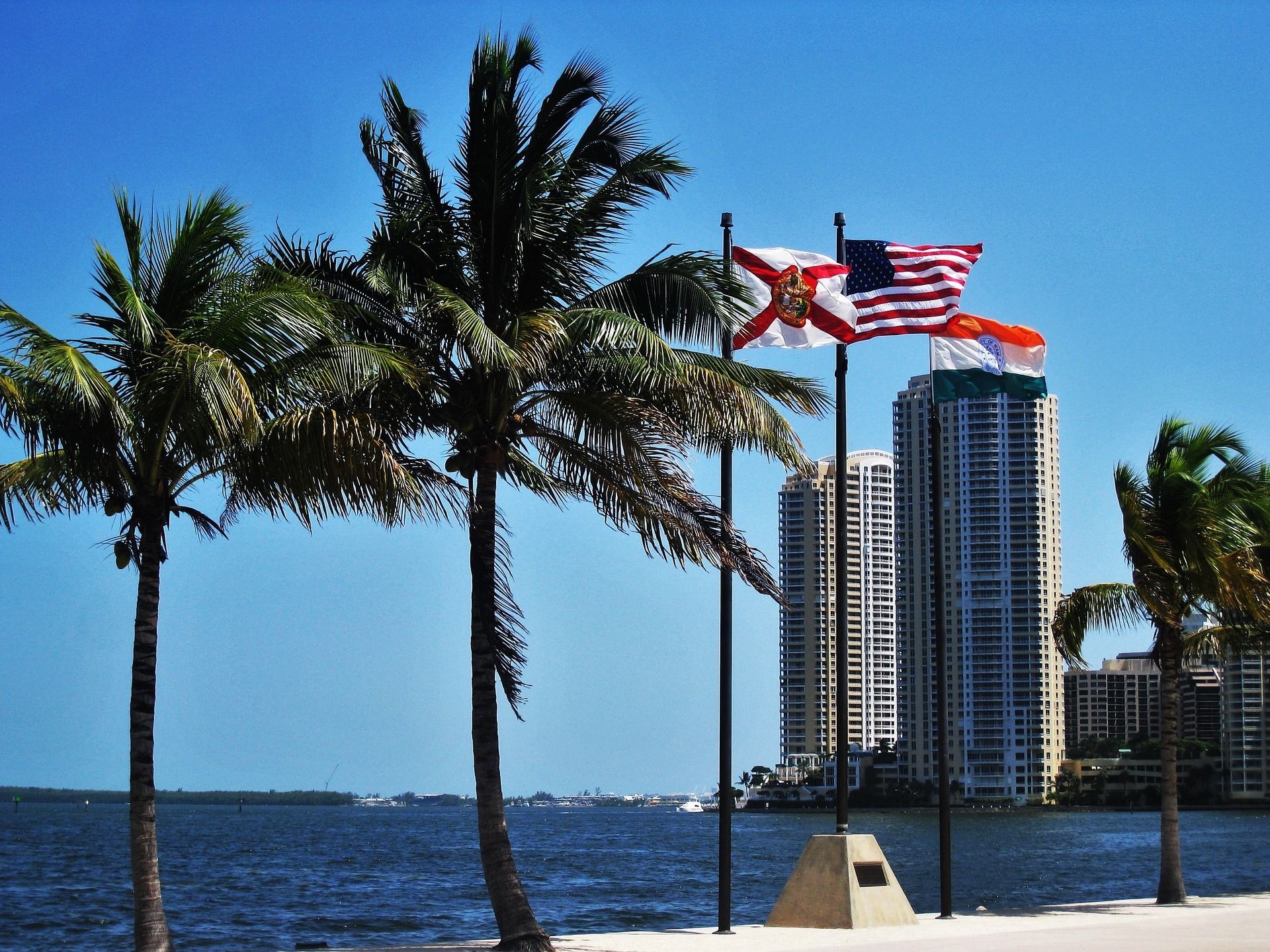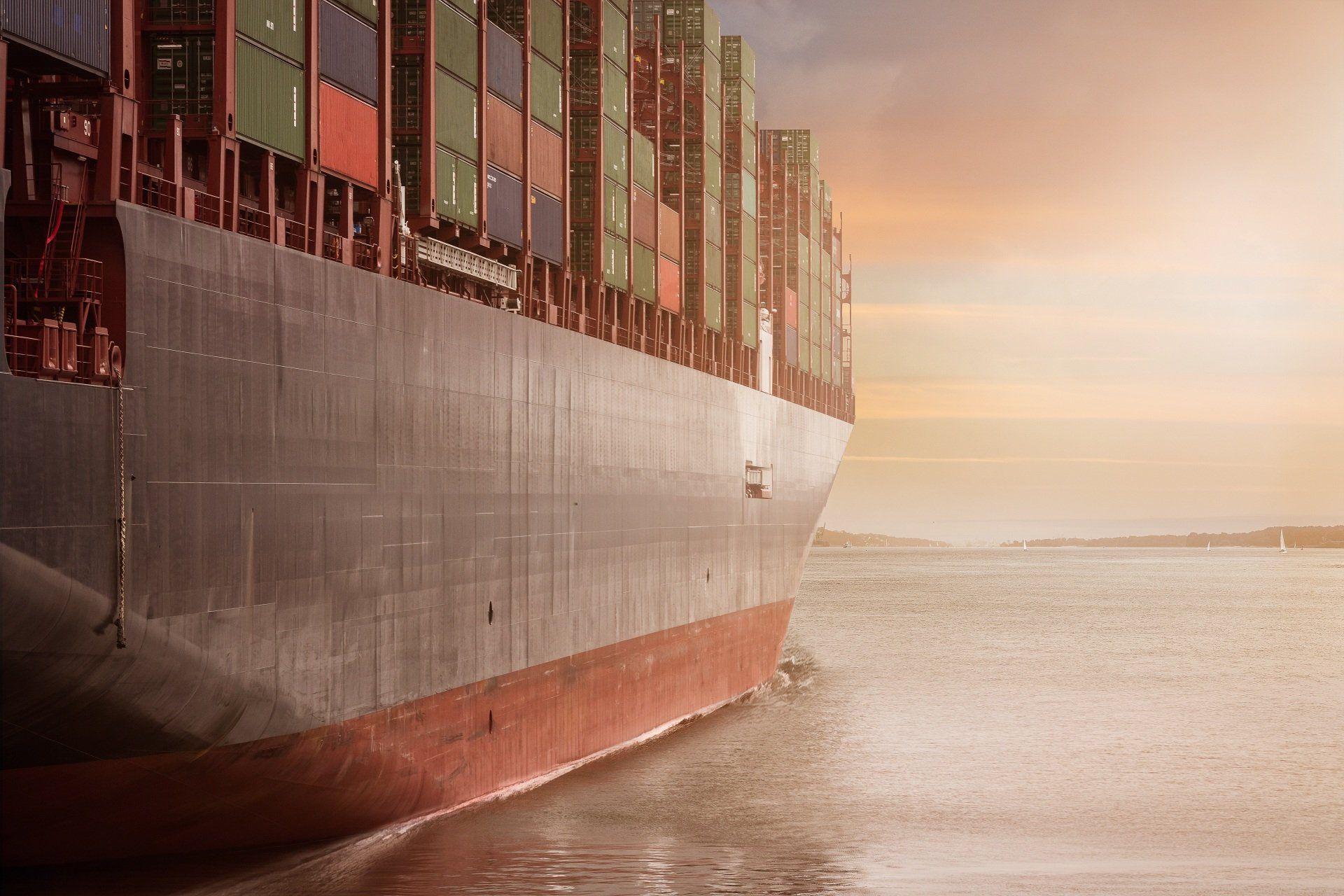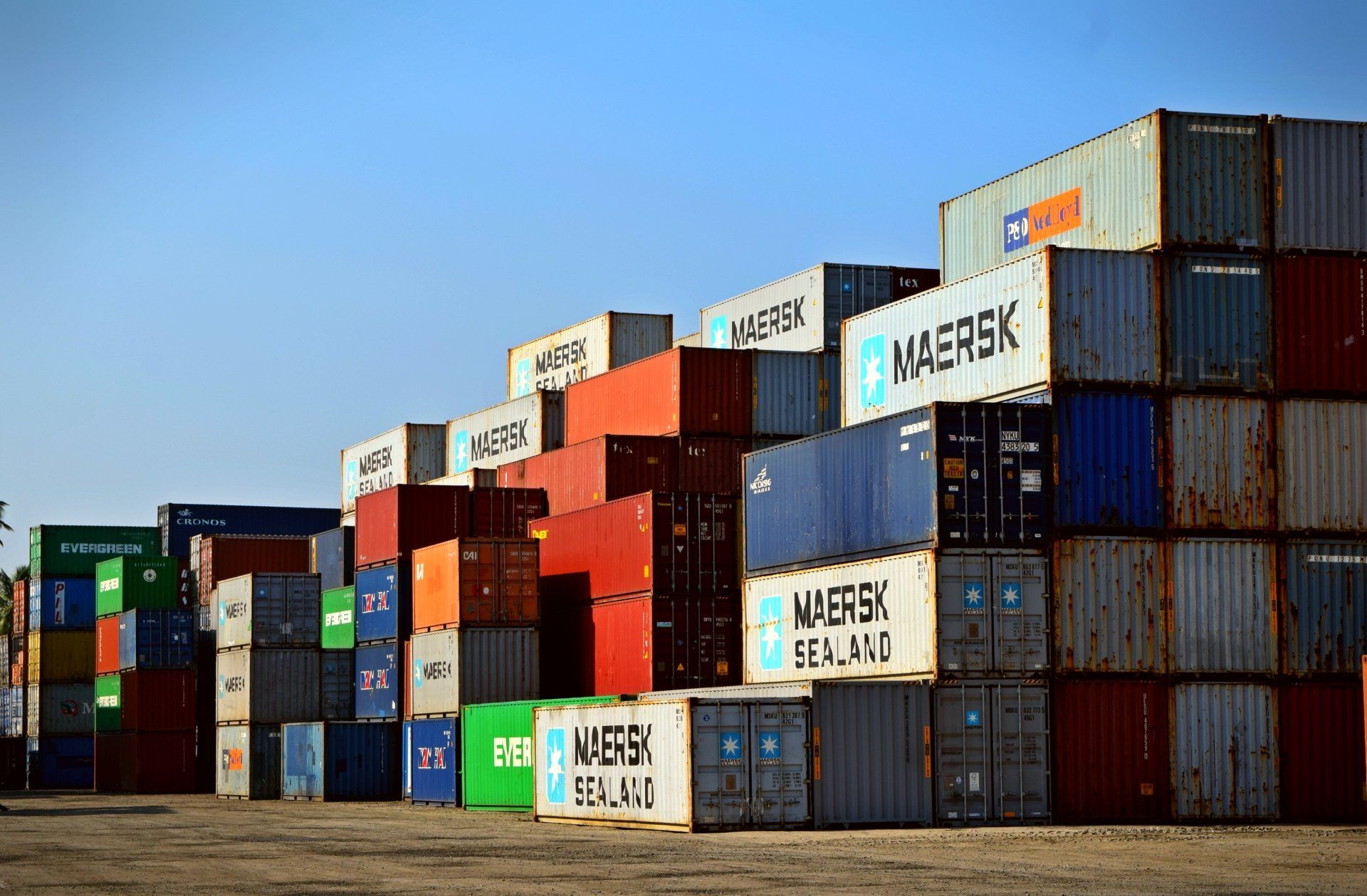Understanding customs bonds for commercial imports
I hope you're doing well. I wanted to take a moment to explain what a customs bond is and its importance in the import process.
According to the CBP definition, a bond is a performance contract taken out by a party engaging in transactions or activities with CBP to adequately protect the revenue of the United States and to ensure compliance with any pertinent law, regulation, or instructions regarding the conduct of that business. The bond is a contract between the principal and the surety, or an agreement by a principal secured by cash in lieu of surety. CBP is the third-party beneficiary of most CBP bonds.
If we are speaking about a continuous bond amount, this total is usually $50,000 at the minimum. It is a legal contract between an importer, a surety company, and U.S. Customs and Border Protection (CBP), ensuring that all duties, taxes, and fees owed on a shipment are paid. Customs bonds are required for all commercial imports valued at more than $2,500, including shipments containing duty-free items.
U.S. customs bonds are also commonly known as:
- Import bonds
- Customs entry bond
- Customs surety bonds
- Activity code 1 bonds (C1 bonds)
- ISF bonds
- Activity Code 2 bonds (C2 bonds)
A customs bond acts as a financial guarantee of any fees (including duties, taxes, and fines) owed to CBP on a shipment into the U.S. Bonds are not insurance policies.
There are many more types of bonds. The CBP has a great publication which is a guide for the public on how CBP sets bond amounts. You can read it here.
This is a very brief introduction to the definition of bonds. It is always best to check with your Licensed Custom House Broker on exactly what you need. A Custom House Broker is licensed, regulated, and empowered by U.S. Customs and Border Protection (CBP) to assist importers and exporters in meeting federal requirements governing imports and exports.



